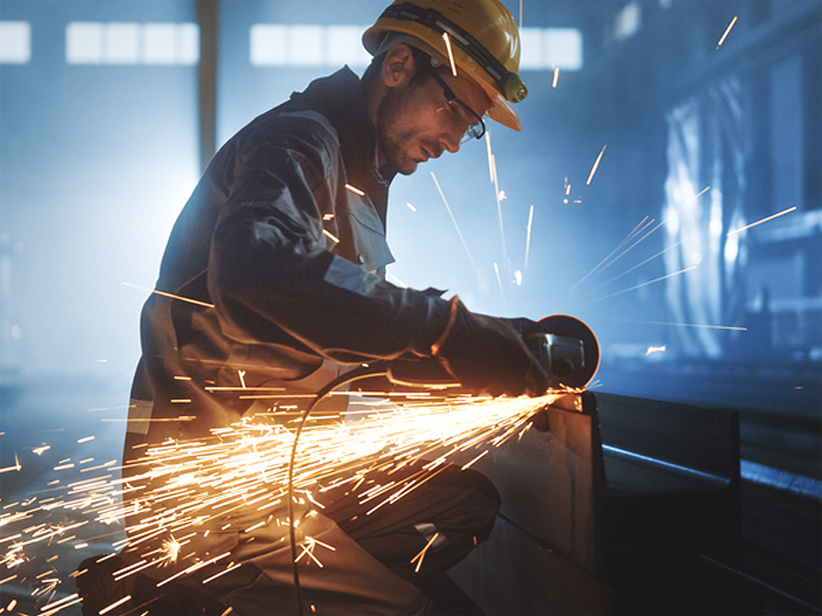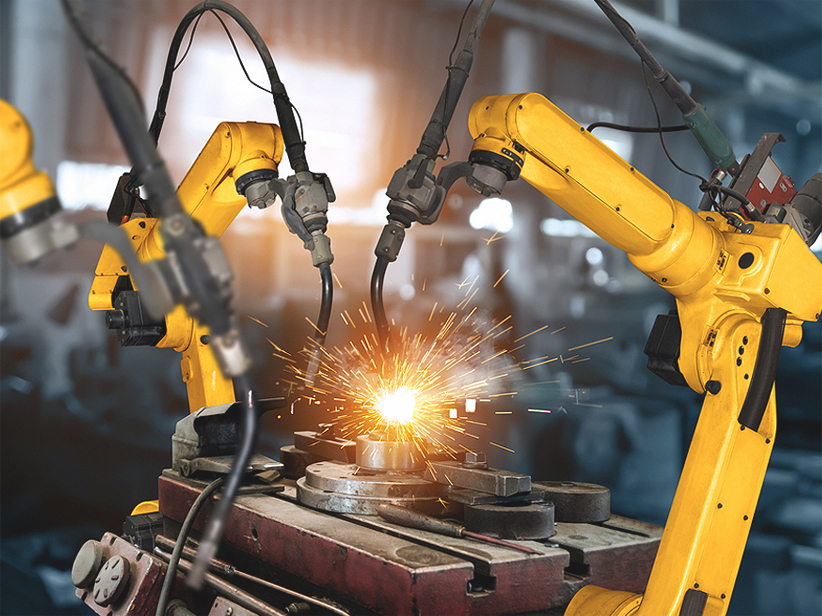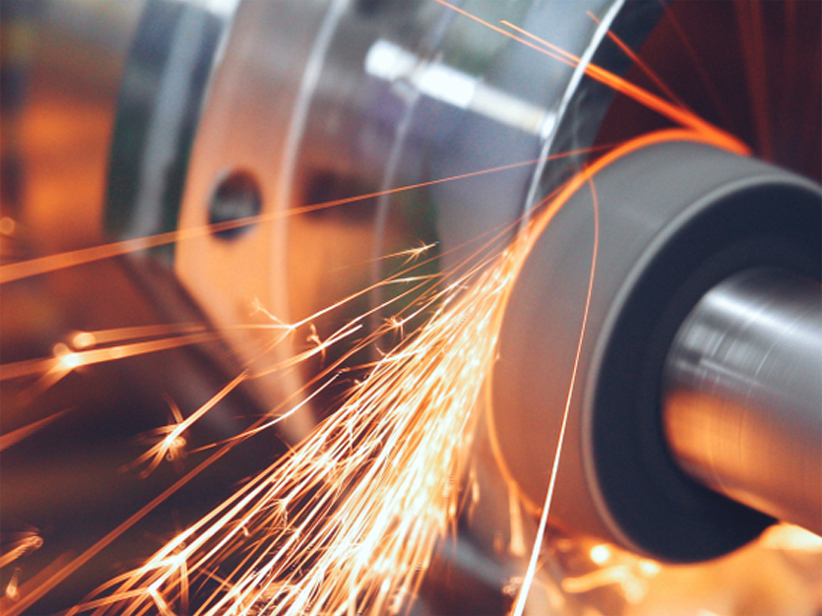Description
Stainless Steel Grade 385/1.4305 is an austenitic stainless steel known for its high sulfur content, which enhances its machinability. This grade is specifically designed for high-speed machining operations. It provides good corrosion resistance and formability, making it suitable for various industrial applications that require precision and efficiency in machining.
Chemical Composition
Chromium (Cr): 19.0 - 21.0%
Nickel (Ni): 9.0 - 11.0%
Silicon (Si):≤ 1.0%
Manganese (Mn): ≤ 2.0%
Carbon (C): ≤ 0.05%
Phosphorus (P): ≤ 0.045%
Sulfur (S): 0.15 - 0.35%
Mechanical Properties
Tensile Strength: 515 - 690 MPa
Yield Strength: 205 MPa
Elongation: 40%
Hardness: 85 HRB
Thermal & Physical Properties
Density: 7.98 g/cm³
Melting Point: 1400 - 1450°C
Thermal Conductivity: 16.2 W/m•K (at 100°C)
Coefficient of Thermal Expansion: 17.2 x 10⁻⁶ /°C (0-100°C)
Electrical Resistivity: 0.072 x 10⁻⁶ Ω•m (at 20°C)
Other Designations
UNS:S30485
EN: 1.4305
DIN: X8CrNiS18-9
AISI: 303
Fabrication and Heat Treatment
Welding: Not recommended for critical welds due to sulfur content.
Machining: Optimized for high-speed machining due to high sulfur content.
Forming: Good formability, can be easily formed using standard methods.
Heat Treatment: Annealing is performed at 1010-1120°C followed by rapid cooling. This grade is not hardenable by heat treatment.
Applications
Automotive: Precision machined parts, fittings.
Aerospace: Components requiring high machinability.
Industrial Machinery: Screws, bolts, and other fasteners.
Electrical: Connectors and terminals.
Consumer Goods: Kitchen appliances and other high-precision items.
Supplied Forms
Bars:
Rods
Wires
Features
Enhanced Machinability: High sulfur content ensures excellent machinability.
Corrosion Resistance: Good resistance to atmospheric corrosion and mild environments.
Formability: Easily formed into complex shapes.
Economic: Reduced machining time leads to cost savings in manufacturing.
Non-Hardenable: Cannot be hardened by heat treatment, retaining its machinability.






